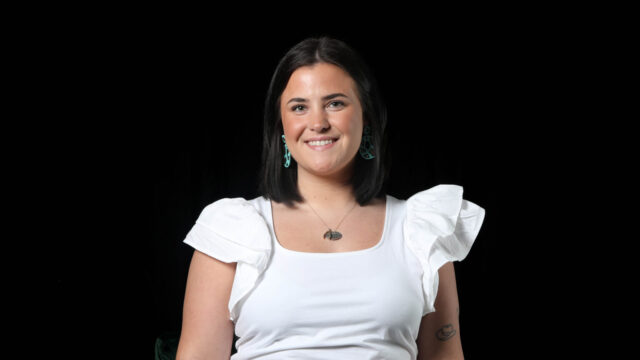By Olivia Eiken | Staff Writer
Love is one of the main principles of Christianity, with stories and parables throughout the Bible speaking on its importance. Jesus called Christians to love, accept and respect their neighbors because He loved us first, regardless of what our neighbors’ beliefs may be.
Baylor’s student population has become more racially and ethnically diverse, but it also showcases religious diversity. As part of the university’s efforts toward diversity, equity and inclusion, a growing number of students, faculty and staff believe Baylor has made progress but could improve in the inclusion realm, specifically when it comes to accommodating Muslim individuals with a halal diet.
According to the Baylor Civil Rights Policy, “As a religiously controlled institution of higher education that is operated within the Christian-oriented aims and ideals of Baptists, Baylor University is committed to the values of respect for all people, as each is imbued with inherent dignity by the Triune Creator.”
In order for the university to uphold its commitment to respecting all people, that would mean providing dietary accommodations for practicing Muslim first-year students specifically, since they are required to purchase a meal plan. These students deserve to feel comfortable eating on campus without fear that they are going against their religious beliefs by doing so.
Joanne Cummings, adjunct professor of political science and director of Middle Eastern Studies, was born and raised in Beirut, Lebanon, in an interfaith community. There, she said recognizing the significance of eating and preparing certain foods was normal.
“When it was a holiday, all of the different religions were represented in the cafeteria and would have the necessary food at the necessary time,” Cummings said. “It has just always seemed normal to me that as Christian people, we would seek to show compassion for other people by recognizing things that, in their religious terms, they considered important.”
Most Muslim students at Baylor who practice a halal diet typically avoid eating pork or consuming anything made with pork byproducts. The incorporation of a labeling system in dining halls would make it clear which items do not contain pork so as to eliminate the risk of cross-contamination.
“As a Christian university, we want to reflect the love of God,” Cummings said. “We reflect the love of God best by showing care and compassion for other students. When we make it difficult for people to eat, then we’re falling short at the most basic level of showing God’s love.”
Baylor alumna Noor Saleh said she believes Baylor is heading in the right direction with religious dietary inclusion because in 2022, for the first time, 1845 at Memorial offered pre-packed boxes for Muslim students who were fasting during Ramadan to pick up the night before.
“Baylor Dining Services did such an incredible job,” Saleh said. “They sourced specific meat that was halal for students and made sure the boxes were a complete meal with proteins, fats and carbs. It was really great and a positive step for the Baylor community.”



